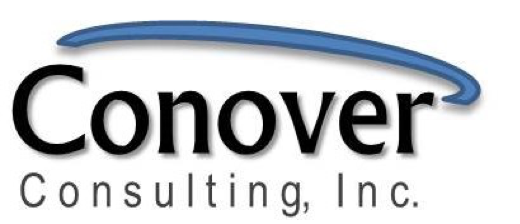How I Saw Agency in Action in Tanzania
Agency—the ability to make choices and act on them—is one of the most powerful forces shaping human life. It sits at the intersection of freedom, responsibility, and meaning. To have agency is not merely to react to circumstances, but to recognize oneself as an active participant in shaping one’s life and, in many cases, the world around them.
When my husband and I went to Africa in May we visited with rural farmers in the Plant With Purpose organization in Tanzania. The farmers have been taught to grow their own food with organic, sustainable farming techniques. Participants in the program have excess to sell after feeding their own families and have excess money for the first time in their lives. Along with farming the land they also have goats, rabbits, bees and other animals to help support their families and their livelihoods. The participants in this program stand tall. They have appropriate pride in their work and how far they have come from the depths of rural poverty.
In contrast to the farmers in the Plant With Purpose program, we saw people on our trip who are dependent upon handouts from tourists to survive. I do not fault these people at all. They are doing what they know best and are able to do to live and support their families. But the contrast between what I saw in those dependent on tourist donations and what I saw in those who have been given the opportunity to support themselves and their families through their work in the soil was stark.
What I saw in the Plant With Purpose farmers was agency. At its core, agency affirms human dignity. When people exercise choice, they experience themselves as subjects rather than objects, drivers rather than passengers. This sense of self-determination is deeply tied to psychological well-being. Independence and decision-making imbue life with purpose because they validate one’s capacity to matter.
On a broader scale, collective agency shapes societies. Movements for justice, equality, and human rights are fueled by individuals recognizing that their choices combine into transformative power. When people believe they can influence the future, they mobilize energy, creativity, and courage in ways that produce systemic change. Democracy itself depends on this conviction—that the choices of many can hold sway over the course of history.
Ultimately, the power of agency lies in the bridge it builds between possibility and reality, between intention and action, between who we are and who we can become. To honor agency—both our own and that of others—is to affirm the unrepeatable worth of human lives, as well as the collective capacity we share to shape a better future.

